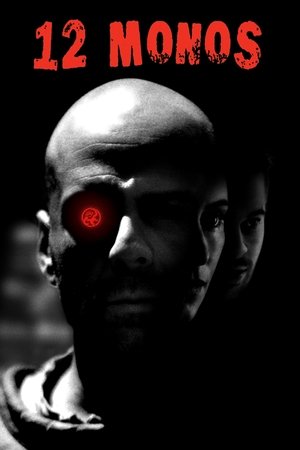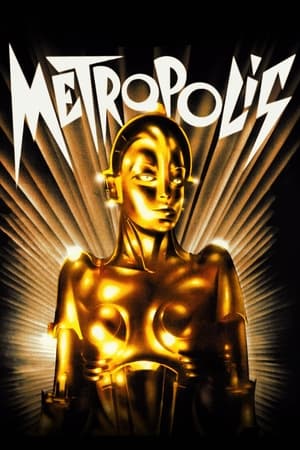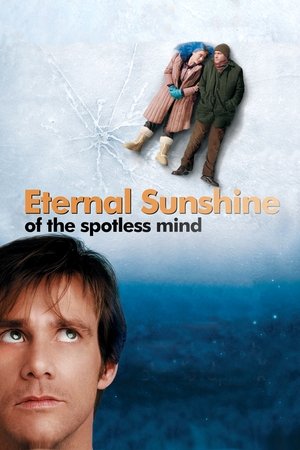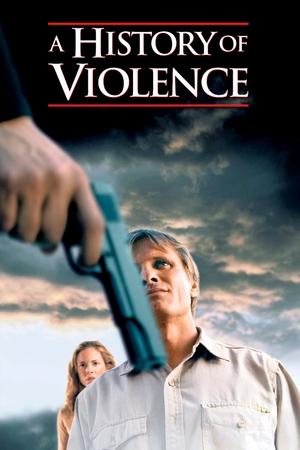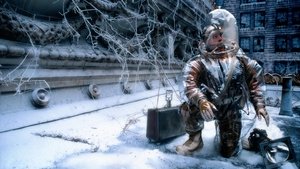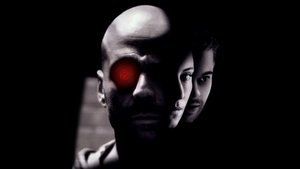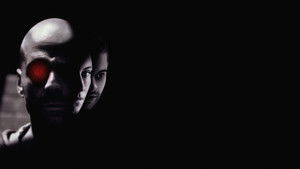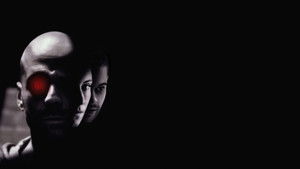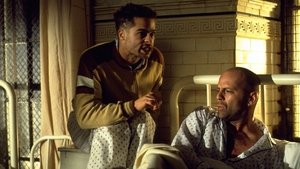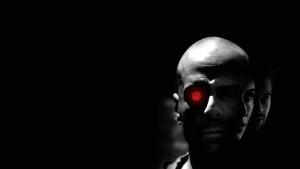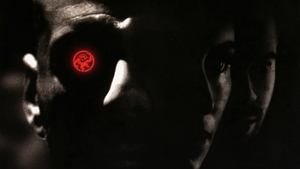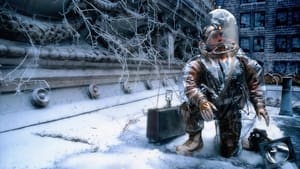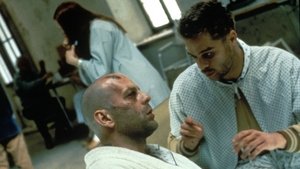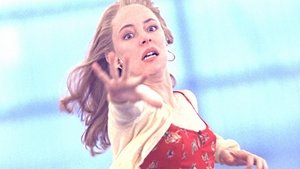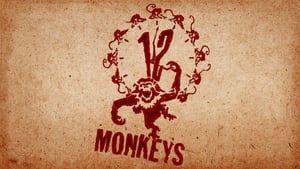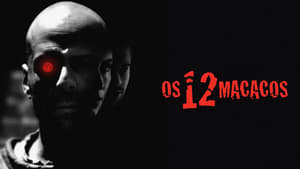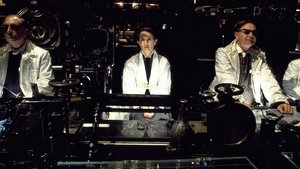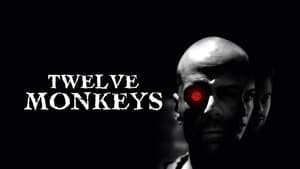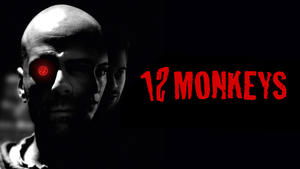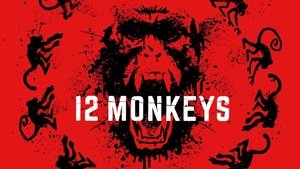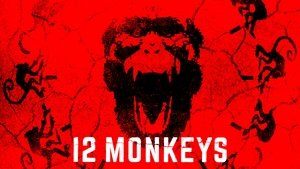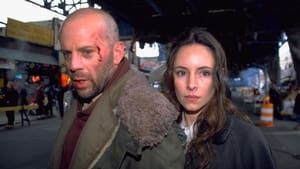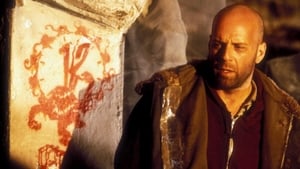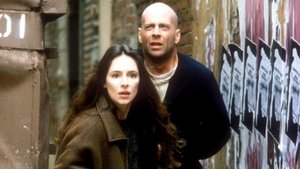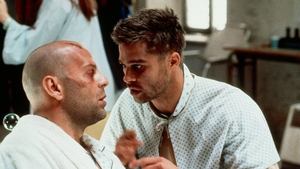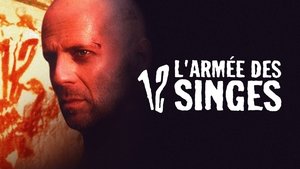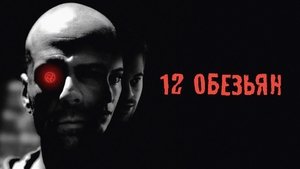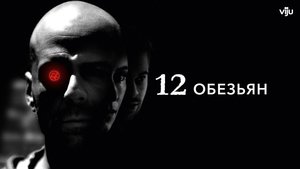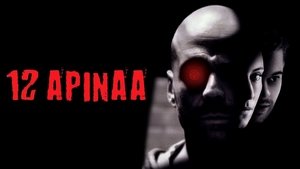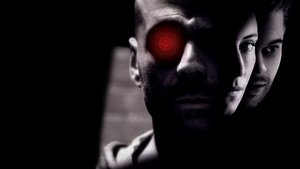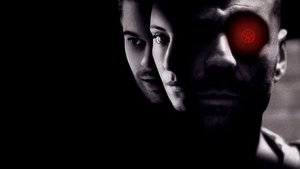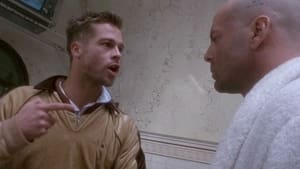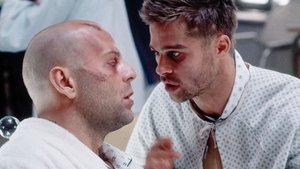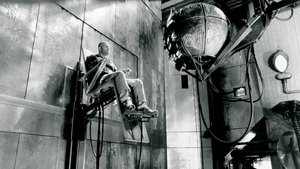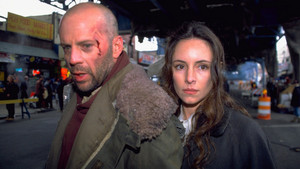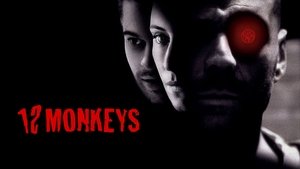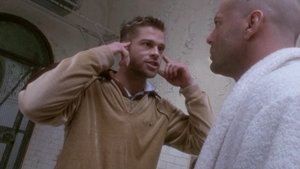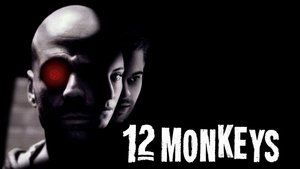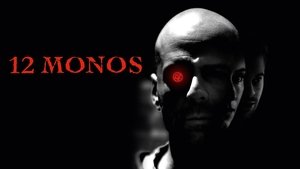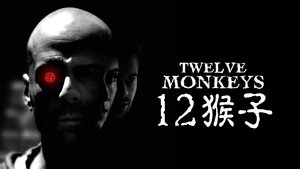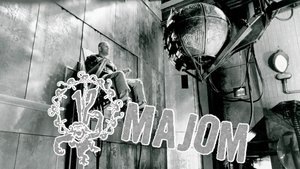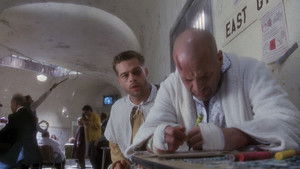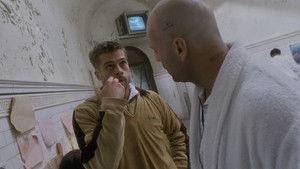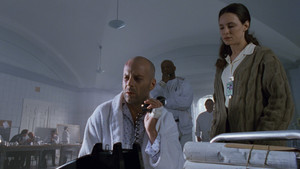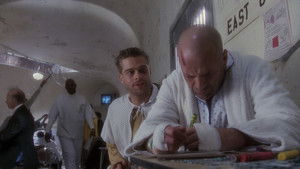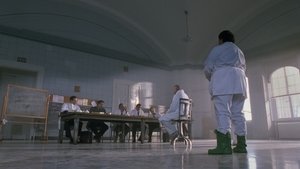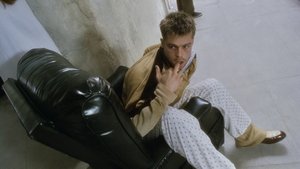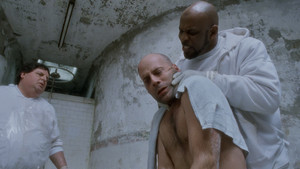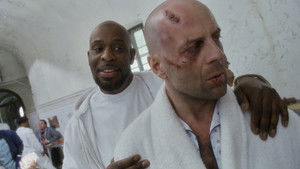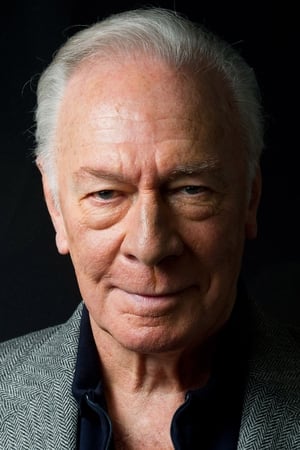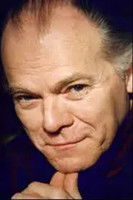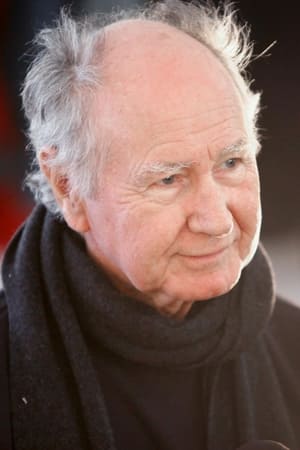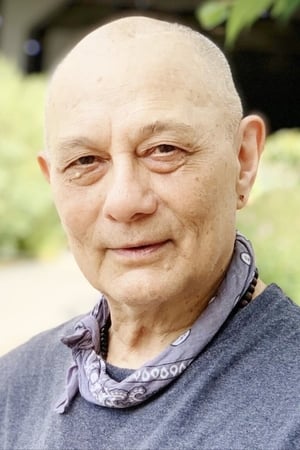-
JPV852
Really good sci-fi thriller with wonderful performances by Bruce Willis, Madeline Stowe and Brad Pitt. Really well done by director Terry Gilliam that has great pacing through the two hour running time. **4.0/5**
-
Wuchak
**_A-man-comes-back-from-the-future Sci-Fi with Bruce Willis and Brad Pitt_** In 2035 survivors are living underground after a viral outbreak has wiped out most of the populace. A prisoner (Bruce Willis) is sent back in time to obtain the original virus so scientists can find a cure. Madeleine Stowe, Brad Pitt, Christopher Plummer and David Morse are on hand in key roles. "12 Monkeys" (1996) has a huge reputation as a sci-fi thriller and is iconic of 90’s cinema. The man coming back from the future plot immediately brings to mind the first two Terminator flicks (from 1984 and 1991), but “12 Monkeys” pales by comparison. Don’t get me wrong, it’s worth seeing and is entertaining enough with Madeleine Stowe shining, but the story is hampered by a muddled tone of schizophrenia and the unrelenting grunginess of the visual aesthetic (which makes perfect sense for 2035, but not for 1990 and 1996 where most of the events take place). In short, the movie’s just not as compelling as it could be. People gush over Brad Pitt’s role and he is entertaining, but it’s a glaring rip-off of Dennis Hopper’s photojournalist in “Apocalypse Now” (1979), although I suppose you could see it as an homage. In any case, I could see through Pitt’s acting here and there whereas Hopper was the real deal, perhaps because he & crew were literally stuck in the sweltering jungle waiting around for days doing drugs or whatever while Coppola & Brando worked out the kinks in the script for the last act. If I'm in the mood for this kind of fare, the first three Terminator flicks are a superior option and even the remake of "The Day the Earth Stood Still" (2008). This one's decent, but overrated. The film runs 2 hours, 9 minutes, and was shot primarily in the Philadelphia & Baltimore areas. For instance, Eastern State Penitentiary in Philadelphia was used for the rundown asylum. GRADE: B-
-
Filipe Manuel Neto
**An excellent sci-fi film that deserves our attention.** I didn't really know what to expect when this movie was on TV very recently, but I was really glued to the set until the end thanks to a truly absorbing story and a collection of great actors who do a great job. I don't know director Terry Gilliam very well, I've only seen one or two of his films so far (not counting this film), but I'm beginning to understand his aesthetic a bit. However, I recognize that surrealism, of which the director is adept, and the bizarre script can really make it difficult to understand the work. The film begins by immersing us in a profoundly dystopian world, where humanity was almost extinct by a pandemic. As the disease comes from an airborne virus that was deliberately released, the survivors moved into underground shelters. Technology, however, has evolved and allows the sending of chrononauts (that is, time travelers) to the past, in order to obtain pure samples of the virus, which can be used in the manufacture of a vaccine or medicine. This is how James Cole, a criminal, is chosen for time travel in exchange for his crimes being forgiven. His mission is not to alter the past by preventing the release of the virus, even if he seems to want to. The mission is to locate those responsible and pass on all the information to the future, in order to send another agent who will collect the samples. But he only knows that a radicalized environmentalist group, the Army of the Twelve Monkeys, was responsible. Sent by accident to 1990 (instead of 1996), he ends up in an insane asylum where he will befriend the manic Jeffrey Goines and endear Dr. Railly. The film deals with very complex themes, such as time travel, temporal paradoxes, the impossibility of changing the past, and even madness, the tenuous difference between reality and imagination, or between sanity and insanity. It has several advances and retreats in time and you have to be attentive, but what intrigues viewers the most is its ending, strangely sudden and confusing. I understood it quite well, and I think you just need to pay attention to the film to understand everything, but I'll leave a clue to help: the eyes of the protagonist and the eyes of the child that we see at the end of the film are exactly the same, and the what she sees coincides perfectly with a recurring dream that torments the protagonist, coming from the future. I say no more. I loved Brad Pitt's performance in this movie. The actor, very used to heartthrob roles where he can use and abuse his natural charm, is almost unrecognizable here. Of course, younger and less experienced, but just as impeccable. I don't know to what extent participating in this film had an influence on his learning as an actor, but I believe it was useful for Pitt. Bruce Willis is also an actor who deserves a positive mention for his work here. He really seems confused, and in many scenes he manages to give the character the feeling that she is abandoning herself to the course of events, fighting against it whenever she feels her mission is in danger. Madeleine Stowe's performance was not so happy: while being frankly positive, it is the least interesting and the most conventional. Technically, the film is flawless. Gilliam cleverly takes advantage of the sets and costumes and makes a truly strange, bizarre future, with those plastic protective suits and that ball in the interrogation scenes. It's an ugly world that we don't want to see one day. I especially liked the cinematography, and the way the director works the footage in a way that makes everything even more surreal and strange. For example, the scene on the staircase of Goines' father's mansion, which is as elegant and majestic as it is labyrinthine and dreamlike. In addition to the good effects, the film also has a very effective soundtrack.
-
CinemaSerf
Bruce Willis is at the height of his game here as his "Cole" character is sent back in time to find out just how the world came to suffer from a virus that all but wiped out humanity. He is promised early release from his extended prison sentence if he can glean enough information and get back alive to share it! Thing is, they put him back a bit too early and his harbingering of doom stuff merely serves to find him sectioned and under the care of scientist "Railly" (Madeleine Stowe) and friends with the off-his-trolley "Goines" (Brad Pitt) who might just have an use when it comes to fulfilling their quest. "Railly" doesn't exactly volunteer to help him out, but quickly she and "Cole" are onto a group called the "Army of the Twelve Monkeys" believing that they might hold some of the clues to this man-made misery in waiting. It's a Terry Gilliam film so the plot is never going to stick to just the one dimension. Accordingly, "Cole" starts to lose his grasp on reality - he hallucinates, hears voices and generally begins to wonder if he is going mad. Maybe it's the effects of time travel? Maybe something more sinister is afoot? Willis and Stowe are on good form but it's actually Pitt who plays the role of the bonkers "Goines" more memorably. You just know that his character has more to it than the vacillatingly unhinged man presented in the hospital, and as the adventure develops these three characters present us with a quickly paced story that mixes the future with the past whilst peppering the whole thing with questions about the morality of vivisection, scientific experimentation and unfettered technological advances. Why would anyone want to create a virus this potent and irreversible anyway? That's the question.
please Login to add review
